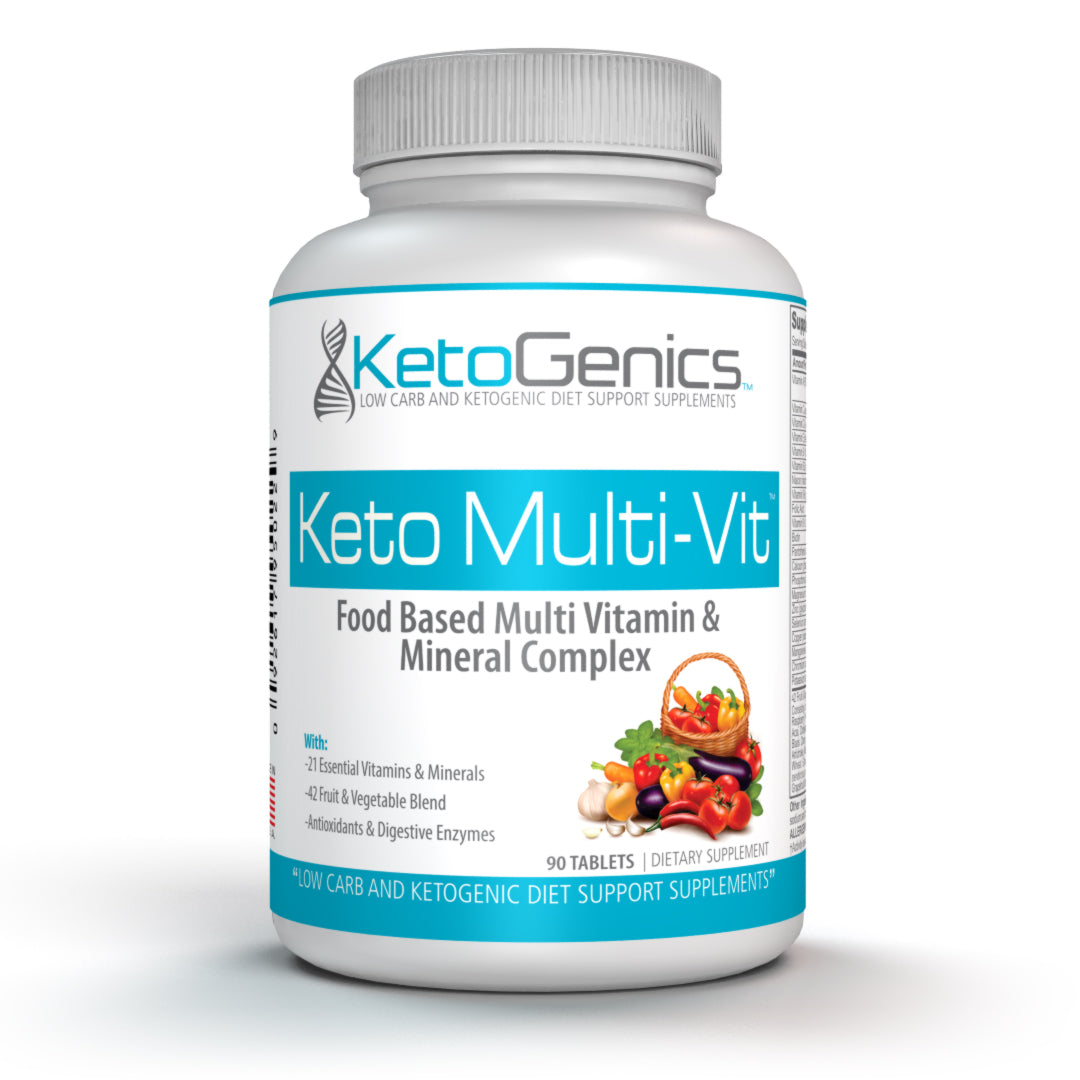Your Cart is Empty
TEXT JOIN TO +1 (844) 625-0085 TO GET FREE DOMESTIC SHIPPING ON YOUR FIRST ORDER.
TEXT JOIN TO +1 (844) 625-0085 TO GET FREE DOMESTIC SHIPPING ON YOUR FIRST ORDER.

March 14, 2018 2 min read
Supplements are just that, to supplement above and beyond an already balanced diet. The problem is and especially on a ketogenic diet, not all needed nutrients are consumed with the available foods choices that make up a ketogenic diet.
In addition to the potential lack of certain nutrients on a low carb diet, even if you are able to eat the foods you need to get all the nutrients your body requires for optimal health, your efforts often fall short because of the low quality food on the market as well as nutrient depleted soils the crops are raised in contain. Furthermore, the overuse of pesticides and chemicals that are used in the treatment of crops greatly reduces their levels.
A famous study done at the University of Texas (UT) at Austin’s Department of Chemistry and Biochemistry was published in December 2004 in the Journal of the American College of Nutrition. They studied nutritional data from both 1950 and 1999 for 43 different vegetables and fruits, finding declines in the amount of protein, calcium, phosphorus, iron, riboflavin (vitamin B2) and vitamin C over the past half century.
There were several other studies with similar findings: A Kushi Institute analysis of nutrient data from 1975 to 1997 found that average calcium levels in 12 fresh vegetables dropped 27 percent; iron levels 37 percent; vitamin A levels 21 percent, and vitamin C levels 30 percent. A study of British nutrient data from 1930 to 1980, published in the British Food Journal, found that in 20 vegetables the average calcium content had declined 19 percent; iron 22 percent; and potassium 14 percent. Another study concluded that a person would have to eat eight oranges today to derive the same amount of Vitamin A as decades ago.
A report comparing the nutritional content of food in 1940 and 2002 shows that the mineral content of vegetables, fruits, meat and milk has fallen significantly over the past 60 years, in some cases by as much as 70%. And the loss of essential minerals – such as calcium, magnesium and iron – from our food can have serious implications for health.
For the ketogenic dieter with regards to animal products, meat, poultry etc – there is declining nutritional content in industrial meats and animal products. The report also examined data from 15 different meats and found that iron levels fell by an average of 47%, with the highest drop being 80%. Compared to 1940, chicken now contains more than twice as much fat, a third more calories and a third less protein. This is likely explained by the quality of animal feed.
Ref: http://www.mineralresourcesint.co.uk/pdf/Mineral_Depletion_of_Foods_1940_2002.pdf
So it seems even if we try to eat as many high quality nutrient-dense foods and vegetables, sometimes out efforts fall short. Supplementing with a ketogenic multi-vitamin may be just what we need.
Comments will be approved before showing up.
Sign up to get the latest on sales, new releases and more …